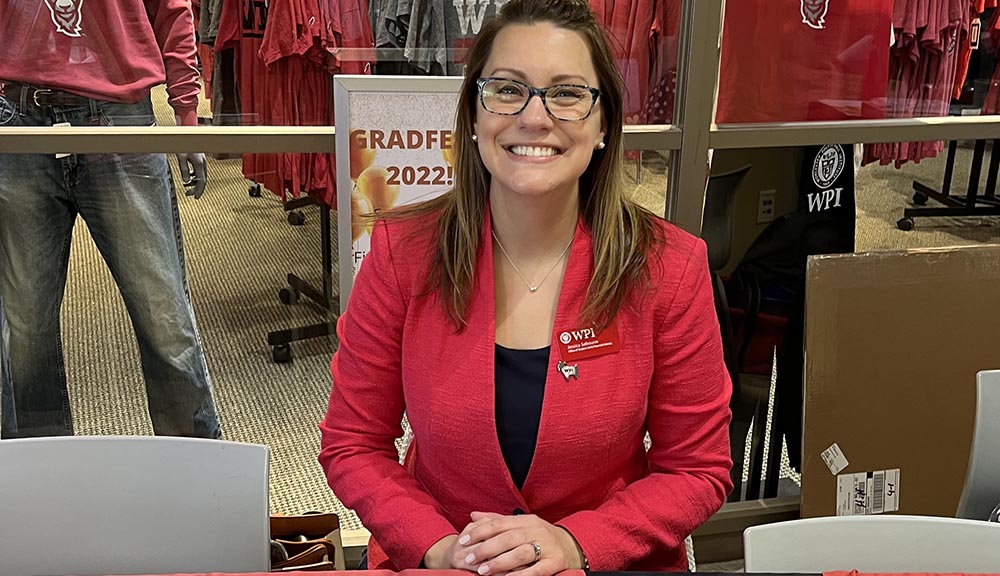Worcester Polytechnic Institute (WPI) has joined a growing number of colleges and universities across the country that are adopting a policy allowing students or their school counselors to self-report their SAT and ACT test scores, a move that saves money and time for prospective students.
Previously, students were required to request that their scores be submitted via the agencies that administer the SAT and ACT, which collect a fee from students for each school they send scores to. These fees are in addition to those that students spend on registration each time they sit for a standardized test.
As of December 1, 2017, students applying to WPI who wish to submit their test scores can do so directly. Students who are admitted and plan to enroll are then required to submit any scores officially, via the testing agencies.
“Though the fees may not seem terribly high, they do add up for students. This is especially true if the students and their families are concerned about the cost of fees associated with each university’s application,” said Andrew B. Palumbo, WPI dean of admissions and financial aid. Allowing students to self-report scores “decreases one of the financial barriers that students face when applying to schools. It’s not right that some students feel pressure to artificially limit the number of schools that they apply to due to the testing companies’ fees. This is why WPI embraces the fee waiver process for applications and test scores and is making this next logical step to reducing such barriers for applicants.
In 2007, WPI piloted an admissions policy that no longer required students to submit their standardized test scores—which have been shown to skew against women, underrepresented students of color, and students from families with lower incomes. Despite this test-optional policy, the majority of WPI’s applicants still submit scores, and the university expects this latest policy change to further reduce barriers for top students across the United States to apply to WPI and other universities on their college list.
“WPI is focused on crafting enrollment strategies that reduce inappropriate or unintended barriers for applicants, particularly women and students of color who are underrepresented in STEM majors on university campuses throughout the country,” said Palumbo. Over the past 10 years, applications to WPI have increased 81 percent, while applications from women increased by 99 percent. In that same time frame, applications from domestic underrepresented minority students increased by 146 percent and applications from underrepresented minority women increased by 123 percent. This year, among the 1,130 new students, 44 percent are women—an increase of 10 percentage points over last year’s class—placing WPI among STEM institutions with the highest percentage of female students.
The number of schools adopting the policy has grown considerably in the past six months, with nearly 90 schools listed by the Princeton Review, which has created a website.



